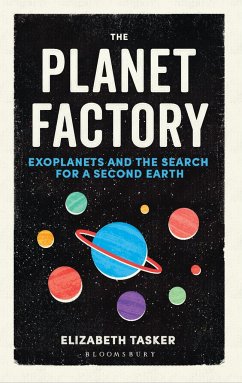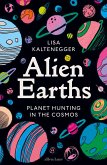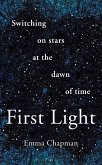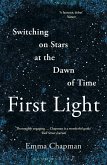Forget about rockets to Mars - the future of space science lies with the search for exoplanets
Twenty years ago, the search for planets outside the Solar System was the preserve of science-fiction writers. Now it's one of the fastest-growing fields in astronomy, with thousands of exoplanets discovered to date, and the number rising fast.
These new-found worlds are more alien than anything in fiction. Planets larger than Jupiter with years lasting a week; others with two suns lighting their skies, or with no sun at all. Planets with diamond mantles supporting oceans of tar; possible Earth-sized worlds with split hemispheres of perpetual day and night; waterworlds drowning under global oceans and volcanic lava planets awash with seas of magma. The discovery of this diversity is just the beginning. There is a whole galaxy of possibilities.
The Planet Factory tells the story of these exoplanets. What can we learn about these faraway surface environments and planetary atmospheres? And do the results hint at the tantalising possibility of alien life?
Hinweis: Dieser Artikel kann nur an eine deutsche Lieferadresse ausgeliefert werden.
Twenty years ago, the search for planets outside the Solar System was the preserve of science-fiction writers. Now it's one of the fastest-growing fields in astronomy, with thousands of exoplanets discovered to date, and the number rising fast.
These new-found worlds are more alien than anything in fiction. Planets larger than Jupiter with years lasting a week; others with two suns lighting their skies, or with no sun at all. Planets with diamond mantles supporting oceans of tar; possible Earth-sized worlds with split hemispheres of perpetual day and night; waterworlds drowning under global oceans and volcanic lava planets awash with seas of magma. The discovery of this diversity is just the beginning. There is a whole galaxy of possibilities.
The Planet Factory tells the story of these exoplanets. What can we learn about these faraway surface environments and planetary atmospheres? And do the results hint at the tantalising possibility of alien life?
Hinweis: Dieser Artikel kann nur an eine deutsche Lieferadresse ausgeliefert werden.








